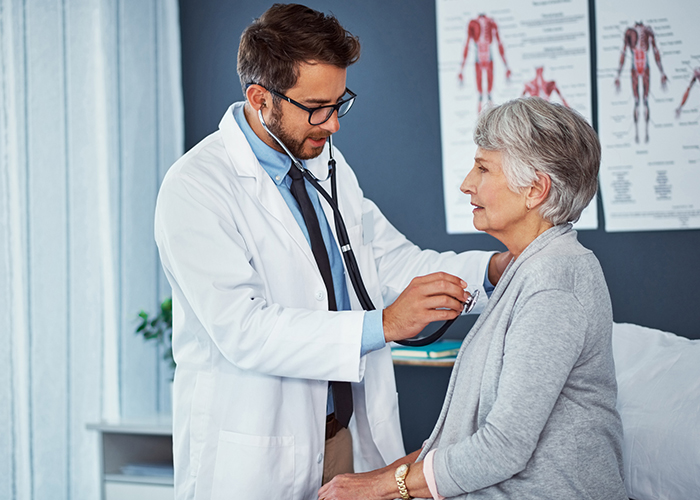
There is no escaping the simple fact that our population is getting older. Right now, there are around 65 million baby boomers who will be hitting retirement age within the next ten years. The good news is that thanks to medical advances, these seniors are living longer, healthier and more active lifestyles. However, they need to be proactive with their medical care. This means keeping up with regular physicals and not ignoring chronic pain or ailments.
Additionally, seniors should consider these top five routine health screening procedures. You should know when was the last time you had these done:
 Blood Pressure
Blood Pressure
This is the first and best indication of illness. High blood pressure or hypertension is also one of those ailments you might not know you have until it is too late. At the very least you should have your blood pressure checked at least once a year during your annual physical. However, there are many grocery store pharmacies that have free blood pressure machines. You can check your blood pressure while you wait for your prescription pickup. It’s always good to know your BP.
Weight
You’ll know you’re adding on the pounds when your clothes start to feel tighter. The reverse is true for losing weight. A few pounds on either side of the scales is normal. However, when you start gaining or losing consistently it might be an indication of other issues you’ll need to deal with. Keep a scale handy in the bathroom for a weekly check.
 Cholesterol
Cholesterol
Cholesterol is a blood test that can have a major impact on what your diet should look like. High cholesterol will mean making changes to bring those numbers down. The reason is that it will help improve blood circulation and boost your heart health.
Colon Screening Tests
A colonoscopy is a very common procedure but one that requires a bit of prep work on your part. Starting at age 50, you should be getting the test at least every 10 years. During the exam, the doctor can also remove any polyps for testing. It’s fast, safe and vital.
 Mammogram
Mammogram
For women, the risk of breast cancer increases with age. That why you should be getting a mammogram at least every two years starting at around 40. Let your doctor know if you have a history of breast cancer in your family.
All of these screenings should be done in coordination with your physician. The best way to stay healthy is to know what is going on.







